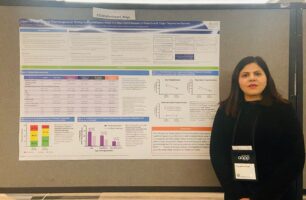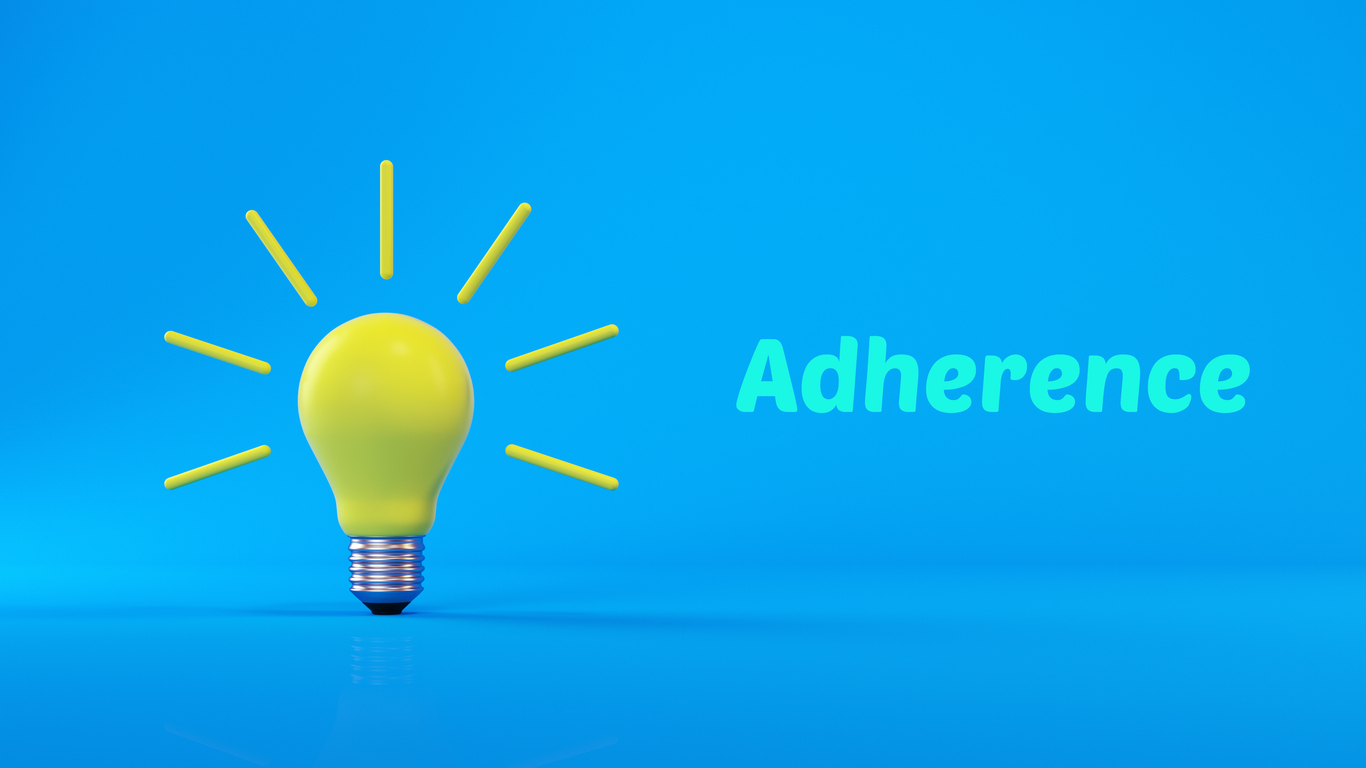
They might also carry a hidden illness: seasonal depression.
Seasonal depression – also known as seasonal affective disorder or SAD – is a kind of depression that typically happens in late fall and winter.
While little is known about the cause, the National Institutes of Mental Health (NIMH) suggests biological reasons may contribute:
Neurotransmitter regulation issues: People with SAD may have trouble regulating serotonin; in fact, the NIMH writes: “one study found that people with SAD have 5 percent more serotonin transporter protein in winter months than summer months. Higher serotonin transporter protein leaves less serotonin available at the synapse because the function of the transporter is to recycle neurotransmitter back into the pre-synaptic neuron.”
- Melatonin Overproduction: Darkness increases production of melatonin, which regulates sleep. As winter days become shorter, melatonin production increases, leaving people with SAD to feel sleepier and more lethargic, often with delayed circadian rhythms.
- Vitamin D Underproduction: People with SAD also may produce less Vitamin D, which is believed to help with serotonin activity.
Further, the Mayo Clinic indicates that patient’s circadian rhythm may have something to do with seasonal depression. As the nights get longer and daylight hours decrease, the body’s internal clock can be disrupted, which could lead to depressive symptoms.
While more research should be done to determine the cause of seasonal depression, there are ways to help patients battling this disease.
Understanding Seasonal Depression

According to Yale School of Medicine, “up to four times as many women suffer from winter depression or SAD as men.” Those living in Canada and the northern United States are up to eight times more likely to suffer from SAD than people living in the southern U.S. and nearer to the Equator where the sun shines more in the winter months.
Like major depressive disorder, those suffering from seasonal depression experience sadness, fatigue, social withdrawal, and reduced productivity. However, Yale School of Medicine says that healthcare providers should also look out for “carbohydrate cravings, especially for sweets and/or starches” and oversleeping.
Light Therapy as a Promising Depression Treatment

The Yale School of Medicine states that patients undergoing light therapy treatment should daily spend 30 to 45 minutes before 8 am with a 10,000 lux light therapy box. The light box should be “capable of providing light with an intensity of 10,000 photopic lux at a distance of at least 12 inches. The therapy lamp should be of sufficient size to provide this illumination even if the patient moves somewhat during use: full size light boxes are the most convenient and have a light emitting area of at least 12 inches by 12 inches.”
An online search shows that these lamps are available from a variety of online and big box stores. While some models retail for between $30 and $60, some models can cost upwards of $100.
Can Seasonal Depression Be Prevented?
Seasonal depression usually starts at the same time of year – late autumn or early winter. This cyclical pattern of SAD may allow some patients to take preventative actions.
According to an article in American Family Physician, beginning light therapy in early fall before the patient starts to exhibit symptoms of seasonal depression may help. Likewise, Cognitive Behavior Therapy (CBT) “may reduce the recurrence and severity of depressive symptoms.”
Additionally, lifestyle changes may help alleviate some symptoms of SAD, including: “exercising more often, increasing light in the home, practicing relaxation and stress management techniques, spending more time outside, and visiting sunnier, warmer climates.”
Our articles are for informational purposes only and are reviewed by our Medical Information team, which includes PharmDs, MDs, and PhDs. Do not make any changes to your current medications or dosing without consulting your healthcare provider.
The GeneSight test must be ordered by and used only in consultation with a healthcare provider who can prescribe medications. As with all genetic tests, the GeneSight test results have limitations and do not constitute medical advice. The test results are designed to be just one part of a larger, complete patient assessment, which would include proper diagnosis and consideration of your medical history, other medications you may be taking, your family history, and other factors.
If you are a healthcare provider and interested in learning more about the GeneSight test, please contact us at 855.891.9415. If you are a patient, please talk with your doctor to see if the GeneSight test may be helpful.


 Neurotransmitter regulation issues: People with SAD may have trouble regulating serotonin; in fact, the NIMH writes: “one study found that people with SAD have 5 percent more serotonin transporter protein in winter months than summer months. Higher serotonin transporter protein leaves less serotonin available at the synapse because the function of the transporter is to recycle neurotransmitter back into the pre-synaptic neuron.”
Neurotransmitter regulation issues: People with SAD may have trouble regulating serotonin; in fact, the NIMH writes: “one study found that people with SAD have 5 percent more serotonin transporter protein in winter months than summer months. Higher serotonin transporter protein leaves less serotonin available at the synapse because the function of the transporter is to recycle neurotransmitter back into the pre-synaptic neuron.”


